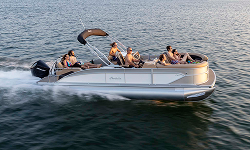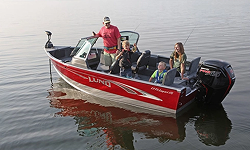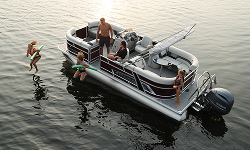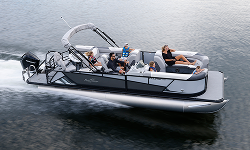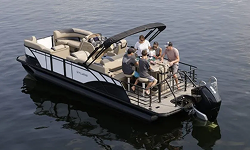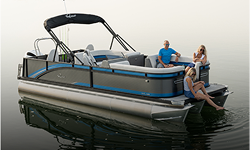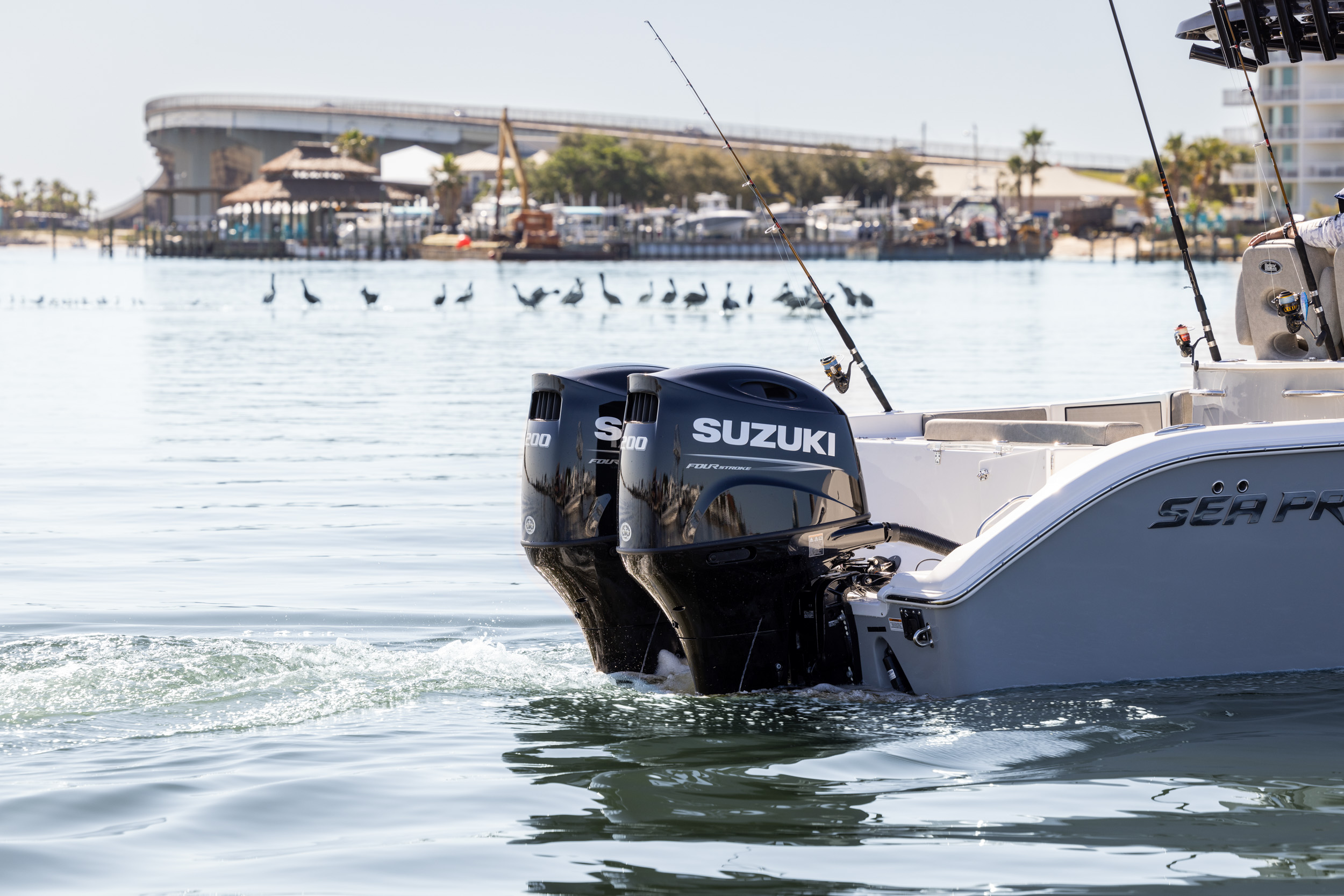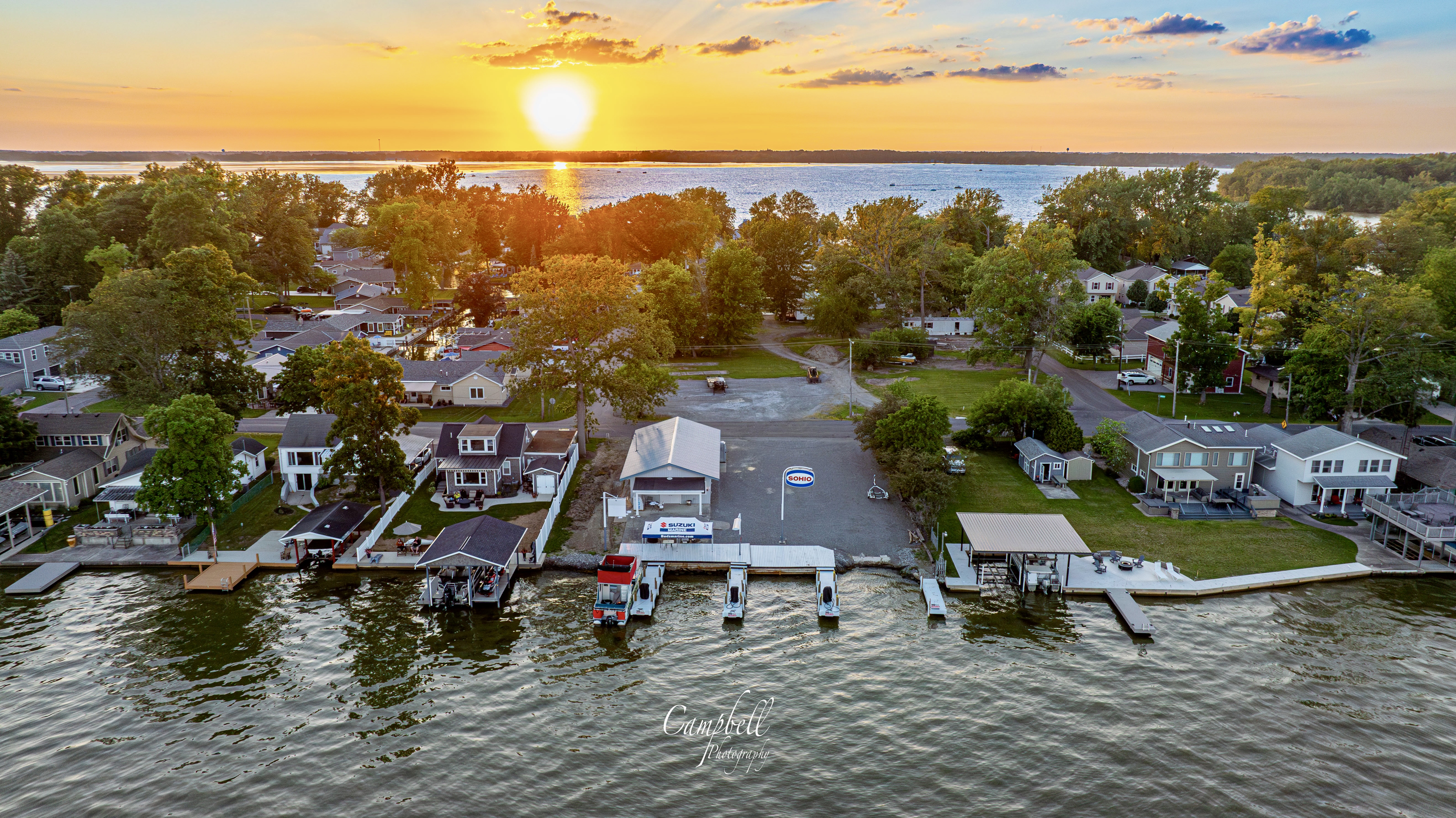
Boat Owners Beware: How Ethanol Damages Marine Engines (And What to Use Instead)
2025-08-02T06:13
Ethanol in Fuel: What Every Boat Owner Needs to Know
If you’ve ever stood at the fuel pump wondering what type of gas to put in your boat, you're not alone. With more pumps across the country offering E10, E15, and even E85, it’s more important than ever for boat owners to understand how ethanol in fuel affects marine engines—and what you can do to protect your investment.
At Bud’s Marine, we’ve seen firsthand how ethanol-related issues can lead to costly repairs. Here’s what you need to know.
⛽ What Is Ethanol, and Why Is It in Gasoline?
Ethanol is a plant-based alcohol—typically derived from corn—that’s blended into gasoline to reduce emissions and reliance on fossil fuels. It’s commonly found in:
E10 (10% ethanol)
E15 (15% ethanol)
E85 (85% ethanol, for flex-fuel vehicles only)
While ethanol has environmental and economic benefits on land, it can cause serious issues for marine engines, especially when left untreated or stored.
⚠️ The Problem With Ethanol in Boats
Unlike cars and trucks, boats don’t burn through fuel as quickly and often sit in storage for long periods. That’s where ethanol becomes a problem.
Common Ethanol-Related Issues in Marine Engines:
Phase Separation: Ethanol absorbs water from humidity or condensation. When enough water is absorbed, it separates from the gasoline, forming a water/ethanol layer that can’t be combusted—and may damage your engine.
Corrosion: Ethanol is highly corrosive, especially to aluminum, rubber, and fiberglass components in older fuel systems.
Fuel System Damage: Ethanol can degrade fuel lines, gaskets, and seals, especially in engines not designed for ethanol-blended fuels.
Reduced Performance: Ethanol-blended gas burns leaner and hotter, which can reduce engine performance and efficiency.
Gumming & Deposits: Ethanol can loosen sludge or debris in your tank, clogging fuel filters and injectors.
✅ Why REC Fuel Is the Best Option
REC Fuel (short for Recreational Fuel) is ethanol-free gasoline specifically designed for small engines, marine applications, ATVs, and power equipment. You’ll often find it labeled as E0 or “ethanol-free.”
Benefits of Using REC Fuel in Your Boat:
No risk of phase separation
Cleaner, more efficient burn
Better long-term storage stability
No ethanol-related corrosion
Longer engine life and fewer repairs
Yes, REC fuel is usually more expensive—but it can save you hundreds (or thousands) in avoided repairs and downtime.
🧪 The Importance of Fuel Stabilizers and Ethanol Treatment
Even when using ethanol-blended fuels like E10 (especially if REC fuel isn’t available), you can still protect your engine with the proper fuel additives.
Why Fuel Treatments Matter:
Fuel Stabilizers prevent fuel breakdown during storage—important for seasonal use or winterization.
Ethanol Treatments help counteract water absorption, reduce corrosion, and prevent phase separation.
Many modern treatments combine both, offering complete protection for your fuel system.
Popular Marine-Grade Fuel Additives:
Sta-Bil Marine Formula
Yamaha Ring Free Plus
Star Tron Enzyme Fuel Treatment
Mercury Quickstor & Quickleen Combo
We recommend treating every tank, especially if your boat may sit for more than 30 days.
🛥️ Bud’s Marine Recommends:
Use REC Fuel (E0) whenever possible.
Avoid E15 and never use E85 in any marine engine—most boats aren’t designed for anything over E10.
Add a quality fuel stabilizer and ethanol treatment to every tank.
Don’t store untreated fuel in your tank. Always treat before winterizing or long-term storage.
Service your fuel system annually, especially filters, lines, and injectors.
⚓ Questions? Let Us Help.
Whether you're unsure about what fuel to use or need help choosing the right treatment, our team at Bud’s Marine is here to help protect your boat—and your wallet—from ethanol damage.
Contact us today or stop by our Indian Lake location to stock up on the right fuel treatment products and keep your engine running strong all season long.








